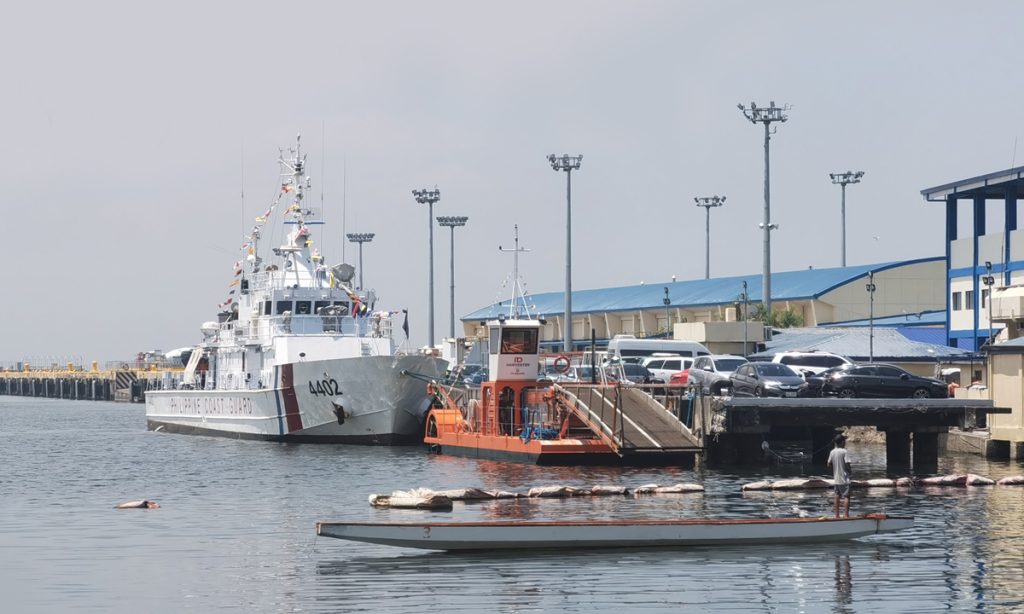Manila's denial of objective facts hurts its own credibility: FM

The Chinese Embassy in the Philippines released details about the relevant communication between China and the Philippines in terms of managing the situation at Ren'ai Jiao. The facts are clear and backed by hard evidence that cannot be denied, Chinese Foreign Ministry spokesperson Lin Jian told a press conference on Wednesday, urging the Philippines to honor its commitment, and stop maritime infringement and provocation at once.
On Tuesday, Bloomberg cited a Chinese official on background, said a transcript of the supposed recording of a phone call with Western Command Commander Vice Admiral Alberto Carlos "may be released to the public within days." In the transcript, Carlos agreed to a "new model" for resupply missions concerning Ren'ai Jiao.
The transcript which documented the phone conversation between the Chinese side and Carlos on January 3 has been confirmed to be true, the Global Times has learned from a source familiar with the affair on Wednesday. Following the conversation, the Philippine side adhered to the "new mode" in the subsequent resupply mission, only delivering essential daily supplies to the grounded warship, and notified the Chinese side in advance.
Based on the "new model" arrangement and humanitarian principle, the Chinese side permitted the Philippine resupply operation, said the source.
However, thereafter, the Philippine side reneged on its promise. Not only did it fail to notify the Chinese side in advance of its resupply activities, but it also attempted to transport construction materials to the illegally grounded vessel, deliberately causing trouble and maliciously hyping up the situation.
The China Coast Guard has firmly restricted the Philippine's illegal resupply activities, according to the source.
Foreign Ministry spokesperson Lin Jian said at the Wednesday press conference that the Philippine side has insisted on denying these objective facts and seeks to mislead the international community. This hurts its own credibility and puts peace and stability in the South China Sea in jeopardy.
China urges the Philippines to honor its commitment, stop maritime infringement and provocation at once, and return to the right track of properly handling disputes with China through dialogue and consultation, Lin noted.
The Philippines' recent denials of the "new model" and the "gentlemen's agreement" reflect the chaos and management confusion as well as multiple conflicting stances within the Philippine government regarding its policies toward China, Ge Hongliang, deputy director of the College of ASEAN Studies at Guangxi University for Nationalities, told the Global Times.
Manila's repeated violations of the gentlemen's agreement between the two sides, or in other words, consensus reached through consultations over dispute management, weaken its claim of seeking a peaceful resolution to the dispute. Its accusing China of "jeopardizing regional peace and security" doesn't hold water, Ge said.
Unlike the Philippines, which is becoming a pawn of the US in the latter's competition with China in the region, China does not wish to see further deterioration of the situation in the South China Sea. China will continue to promote the peaceful resolution of South China Sea disputes through bilateral channels, Ge said.